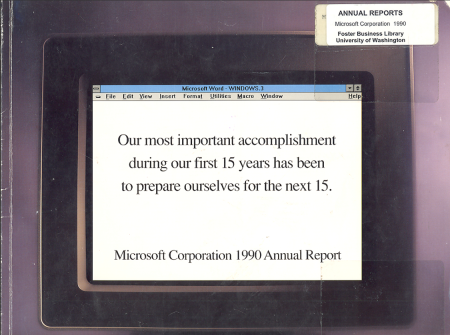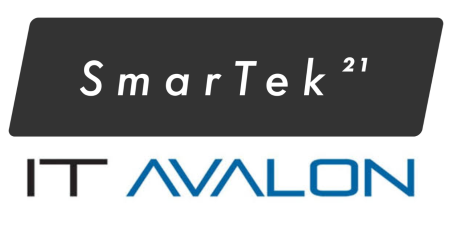Paragraph 1: Introducing Nimbus Aerospace and its Vision
Nimbus Aerospace, a burgeoning aviation startup, has embarked on a mission to revolutionize the private jet industry with its innovative electric-powered aircraft design. Founded in Phoenix in 2023 and now based in the Seattle area, Nimbus aims to address the significant environmental impact of private air travel, which currently outpaces commercial aviation in per-passenger pollution. Recognizing the need for sustainable solutions to meet the industry’s ambitious goal of net-zero carbon emissions by 2050, Nimbus is developing a quiet and efficient electric business jet, envisioning a future where private air travel can be both luxurious and environmentally responsible. The company’s recent successful proof-of-concept flight signifies a critical step towards realizing this vision.
Paragraph 2: The Proof-of-Concept Flight and Technological Innovation
In a significant milestone for the company, Nimbus Aerospace successfully conducted a proof-of-concept flight of a 10th-scale model of its electric jet in Phoenix earlier this month. The test flight, though brief at 1 minute and 23 seconds, demonstrated the viability of the aircraft’s unique "over-the-wing distributed ducted fan propulsion system." This innovative design promises enhanced efficiency and quiet operation, setting it apart from conventional jet propulsion. The successful completion of this initial flight validates the company’s design principles and paves the way for further development and scaling of the aircraft. This achievement marks a tangible step towards their ultimate goal of producing a full-scale, commercially viable electric private jet.
Paragraph 3: Nimbus’ Ambitious Goals and Team Expertise
Nimbus Aerospace has set ambitious targets for its electric jet, aiming to achieve a range of up to 1,100 miles with a seating capacity for six to eight passengers. This range would make the aircraft suitable for a variety of regional and transcontinental flights, catering to the needs of the private aviation market. Leading this endeavor are CEO and co-founder Adrian Groos, with experience in product management, and CTO and co-founder Akim Niyonzima, whose background includes engineering and operations at Bombardier, a prominent aviation and aerospace company. This combination of business acumen and technical expertise positions Nimbus well to navigate the challenges of developing and commercializing a novel aircraft design.
Paragraph 4: Funding and Development Roadmap
Nimbus Aerospace has secured crucial funding to support its ambitious development plan. In 2023, the company received initial investments, followed by $50,000 from Chisos Capital and $120,000 from Techstars in 2024. This financial backing will enable the company to progress through its planned stages of development, beginning with the construction and testing of a one-quarter-scale proof-of-concept model in 2025. The ultimate goal is to obtain Federal Aviation Administration (FAA) certification and commence production of the electric jets by 2032, a timeline that reflects the complexities of aircraft development and certification.
Paragraph 5: The Challenges and Landscape of Sustainable Aviation
The pursuit of sustainable aviation faces significant hurdles. The aviation industry, while currently contributing 2.5% of annual greenhouse gas emissions, is projected to see this percentage rise as other sectors decarbonize and air travel demand increases. Decarbonizing aviation is a complex undertaking, with various approaches being explored, including hydrogen-powered flight, battery-electric propulsion, and the use of sustainable aviation fuels. Nimbus Aerospace’s focus on electric propulsion positions them within a growing field of companies seeking to develop environmentally friendly alternatives to traditional jet fuel.
Paragraph 6: Washington State’s Role in the Sustainable Aviation Ecosystem
Washington state has emerged as a hub for sustainable aviation innovation, hosting several companies at the forefront of this technological frontier. Alongside Nimbus Aerospace, companies like ZeroAvia, magniX, and Outbound Aerospace are actively developing sustainable aviation solutions. While the sector has experienced setbacks, such as the closure of Zunum Aero and Universal Hydrogen’s recent shutdown, the continued investment and development efforts within the state underscore a strong commitment to advancing sustainable aviation technologies. The presence of these companies creates a dynamic ecosystem that fosters innovation and collaboration, contributing to the global effort to decarbonize air travel.














